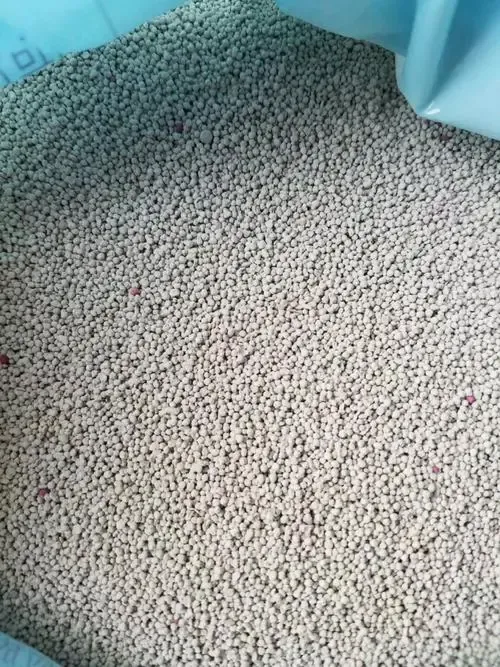alternate cat litter suppliers
Exploring Alternative Cat Litter Suppliers A Sustainable Choice for Pet Owners
As more pet owners become increasingly conscious of their environmental footprint, the demand for alternative cat litters has surged. Traditional clay-based litters, often made from sodium bentonite, are not only non-biodegradable but also have a significant ecological impact due to the mining processes involved in their production. This shift has prompted many consumers to seek out alternative cat litter suppliers that provide eco-friendly and sustainable options.
What Are Alternative Cat Litters?
Alternative cat litters are those made from materials other than clay. They may include products made from recycled paper, wood pellets, corn, wheat, coconut husks, and even walnut shells. These materials not only reduce waste but also contribute to a more sustainable pet care industry. Here’s a closer look at some popular types of alternative litters
1. Recycled Paper Litter Made from shredded newspapers or other recycled paper products, this type of litter is highly absorbent and odor-neutralizing. It is soft on cat paws and is particularly suitable for kittens or cats recovering from surgery.
2. Wood Pellets This litter is produced from compressed sawdust and is both biodegradable and renewable. When wet, the pellets break down into sawdust, which can be easily disposed of. Additionally, wood has natural odor-absorbing properties.
3. Corn and Wheat These grain-based litters are clumping and can be a great alternative for cats accustomed to traditional clay litters. They are biodegradable and have a fresh scent, making them a favorite among pet owners.
4. Coconut Husk A relatively newer option, litter made from coconut husk fibers is absorbent and has natural odor-controlling properties. It is also biodegradable and contributes to sustainable agricultural practices.
5. Walnut Shells This eco-friendly option is made from crushed walnut shells, offering a unique and effective clumping ability. It is also scented naturally, providing an additional layer of freshness.
alternate cat litter suppliers

The Benefits of Choosing Alternative Cat Litter Suppliers
Switching to alternative cat litter offers several benefits for both pet owners and the planet. Firstly, many of these litters are biodegradable, reducing the amount of waste sent to landfills. Additionally, they often come from renewable resources, helping to minimize environmental degradation.
Moreover, alternative litters are generally lighter than traditional clay litters, making them easier to handle and transport. Many brands also prioritize sustainable packaging, further reducing their environmental impact.
Furthermore, pet owners inclined towards holistic and natural products may find that alternative litters align better with their values and lifestyle choices. Opting for litters made from organic or sustainably sourced materials can provide peace of mind when it comes to their pet's health and environmental responsibility.
Finding Alternative Cat Litter Suppliers
When searching for alternative cat litter suppliers, pet owners should consider a few key factors. First, research the product’s ingredients and ensure they are non-toxic and safe for pets. Many suppliers provide detailed information about their sourcing and manufacturing processes on their websites.
It’s also advantageous to look for brands with certifications or endorsements from reputable organizations to assure quality and sustainability standards. Exploring customer reviews can provide insight into the effectiveness and practicality of the litter.
Lastly, purchasing from local suppliers or small businesses can contribute to the local economy and reduce carbon footprints associated with shipping.
In conclusion, the rise of alternative cat litter suppliers marks a significant step towards more sustainable pet care options. By making conscious choices about the products we use for our beloved pets, we can collectively contribute to a healthier planet while still providing comfort and care for our feline companions. Transitioning to alternative cat litters not only enhances our pets' quality of life but also fosters a more environmentally friendly culture in the pet industry.







